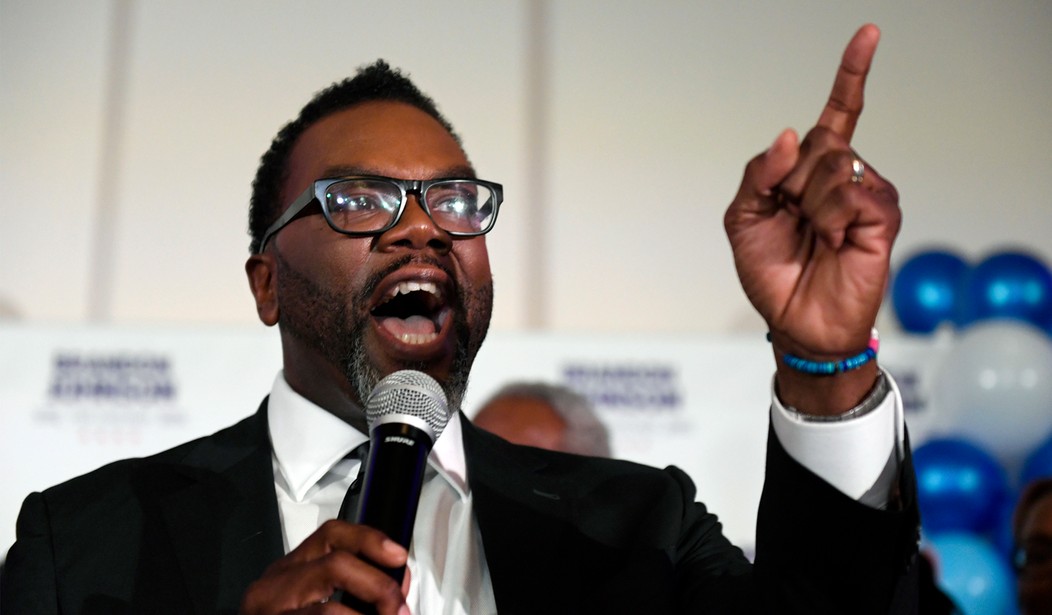One of the latest “fads” among urban teens has come to be known as “street takeovers.” Groups that organize themselves over social media show up at some random location and begin chasing pedestrians out of the area, jumping on and damaging cars, setting fires, and committing whatever other crimes come to mind. This has become a regular occurrence in Chicago, unfortunately, as if they didn’t already have enough problems to deal with. But these events also represent an early challenge for Brandon Johnson, the city’s new mayor. So how is he responding? The mayor explained his new strategy after a recent street takeover in the South Loop district of the city and it was a (somewhat) pleasant surprise. He included some of the usual social justice and “intervention” talk that we’ve grown accustomed to, but he also sent in a strong contingent of the Chicago Police and had dozens of teens arrested. That’s a significant change from the tenure of Lori Lightfoot, who preferred to keep the cops on a leash and allow the criminals to run wild. (Fox 32 Chicago)
A new mayor means a new strategy for teen takeovers in the city of Chicago.
That new strategy was on display this past weekend in the South Loop.
Forty people were arrested — most of them were teenagers and most of them were charged with misdemeanors after they trashed property, threw bottles and jumped on cars.
Here’s the local CBS outlet’s coverage of the Mayor’s announcement and the street takeover.
Johnson admitted that the “young people” involved in the street takeover had “crossed a line.” That’s a relief to hear. Unlike Lightfoot, Johnson at least seems to be willing to recognize that there is a line. The majority of the teens who were arrested were only charged with misdemeanors and released, so it’s unclear how much of an impact that will have on their future behavior.
Mayor Johnson was quick to point out that a real solution has to involve more than just arrests. He’s talking about a “preventative dynamic” and the need to “re-direct” young people. He wants to invest in the development of public facilities in neighborhoods across the city where youths can have something else to do during evenings and weekends. He believes this might keep more of them from congregating in places like the Loop and around the public parks.
I suppose that might be worth a try. But it would require a majority of these young people to actually be interested in finding something else productive or at least entertaining to do. Are these street takeovers the result of a lot of teenagers being bored? Or are we witnessing the early emergence of gang activity that is no longer being kept in the shadows?
That’s a key distinction to make and it probably speaks to shifts in societal attitudes and the culture overall. Teenagers who are going out in the evenings and destroying property likely do not have parents at home who impose discipline and try to steer them toward a path to success. How many of those teenagers come from single-parent households? How many of them are from families with a history of gang membership? If the percentages are too high, they probably won’t be attracted to any sort of new community center featuring sports or crafts.
If Mayor Johnson really wants to attempt some sort of “preventative dynamic” in Chicago, he probably needs to focus on catching not only the youths but their families at an earlier stage. Find a way to steer the culture back toward one where lawful activity and a path to success are the default rather than a life on the streets. That would probably take longer and require a vastly different approach, but if he could accomplish that or at least make a significant step in that direction, he would likely be remembered as one of the city’s great mayors. But I honestly don’t even know where he would start on such a path.








Join the conversation as a VIP Member